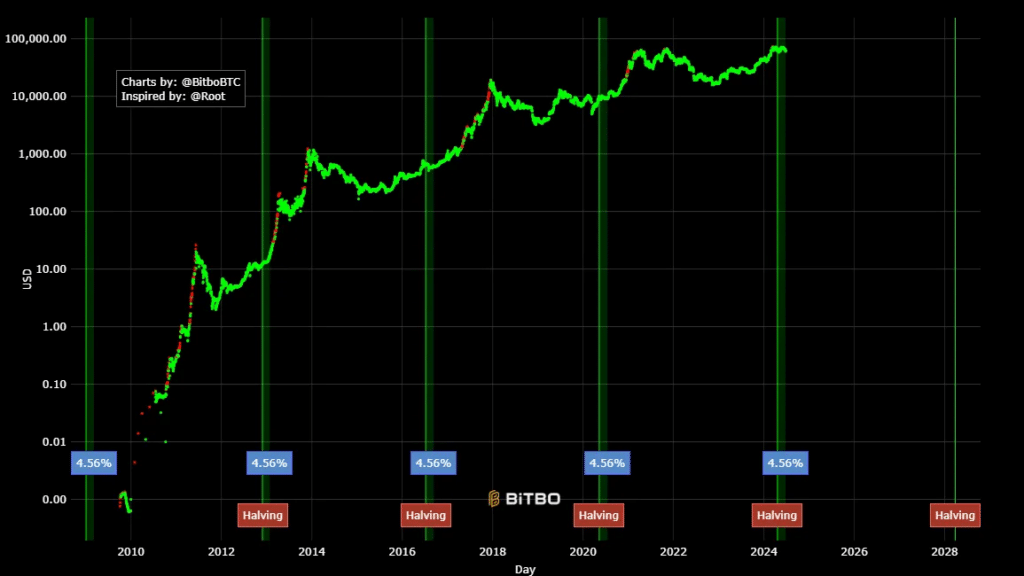Veteran financial journalist Charles Gasparino has recently become embroiled in a contentious exchange with the XRP community, the cryptocurrency linked to tech company Ripple. Known for his direct reporting style, Gasparino has been a vocal critic of certain theories proposed by XRP supporters. His recent comments regarding the unlikely discussion of XRP-related conspiracy theories at global economic forums like Davos have fueled the ongoing feud.
Gasparino’s ironic post, which mocked the Ripple community’s reaction to BlackRock CEO Larry Fink’s ambiguous remarks about a potential XRP exchange-traded fund (ETF), has heightened tensions. Fink has shown a growing acceptance of cryptocurrencies like Bitcoin but has not indicated a similar enthusiasm for XRP. Gasparino suggested that Fink might not be fully aware of XRP, advising the community against overinterpreting his statements. This suggestion was not well-received by many XRP advocates.
Gasparino labels XRP theories as baseless
The clash between Gasparino and the XRP community is not a recent development. It has roots in previous disagreements, particularly over conspiracy theories involving Jay Clayton, the former Securities and Exchange Commission Chair, and his actions against Ripple. Gasparino has consistently dismissed these theories as baseless, labeling them as “idiotic” and further straining his relationship with XRP supporters.
Gasparino’s critique extends beyond specific theories to the general behavior of the XRP community, which he once labeled as a “cult.” This harsh characterization reflects the deep divide between Gasparino’s views and those held by many in the Ripple community. The journalist’s blunt approach in addressing these issues exemplifies his reputation for straightforward reporting, often leading to polarized responses from cryptocurrency investors.
The larger context of cryptocurrency in the financial sector
The ongoing dispute between Gasparino and the Ripple community occurs against evolving attitudes towards cryptocurrencies in the global financial sector. While digital currencies like Bitcoin have gained some acceptance and legitimacy, the response to other cryptocurrencies, such as Ripple, has been more mixed. The skepticism from financial leaders like Larry Fink towards less mainstream cryptocurrencies indicates a cautious approach by significant financial institutions.
This cautiousness is reflected in the broader financial community’s hesitancy to embrace cryptocurrencies fully. Despite the growing interest in digital currencies and their potential to disrupt traditional financial systems, many in the sector remain wary of the volatility and regulatory uncertainties associated with them. The debate over cryptocurrencies like Ripple exemplifies the ongoing struggle to balance innovation with stability in the rapidly evolving world of digital finance.





